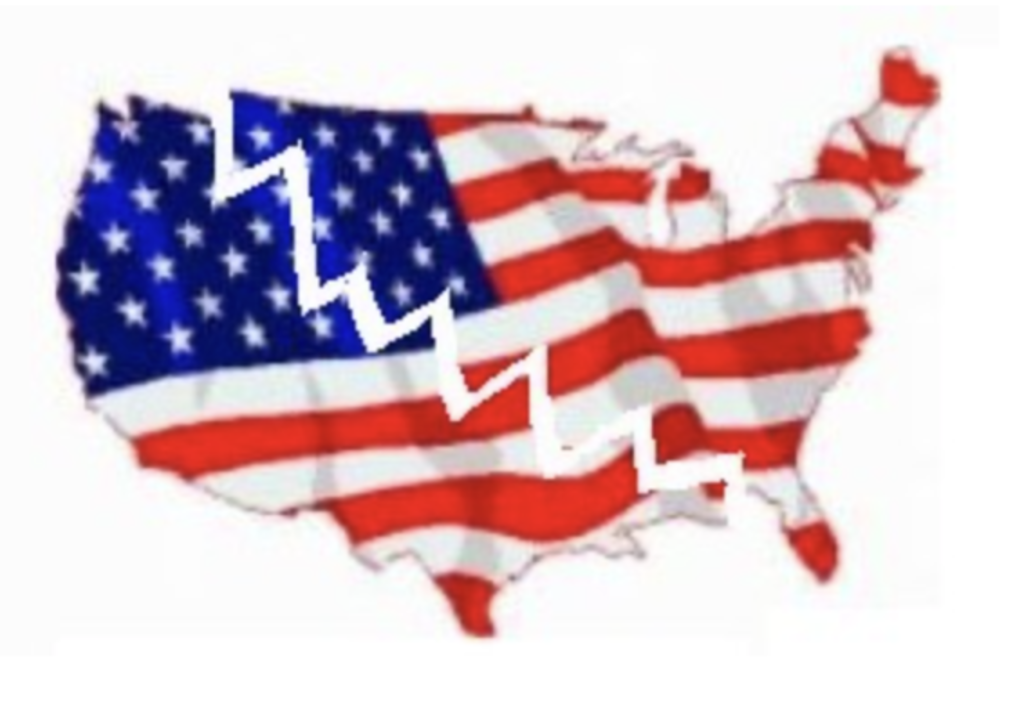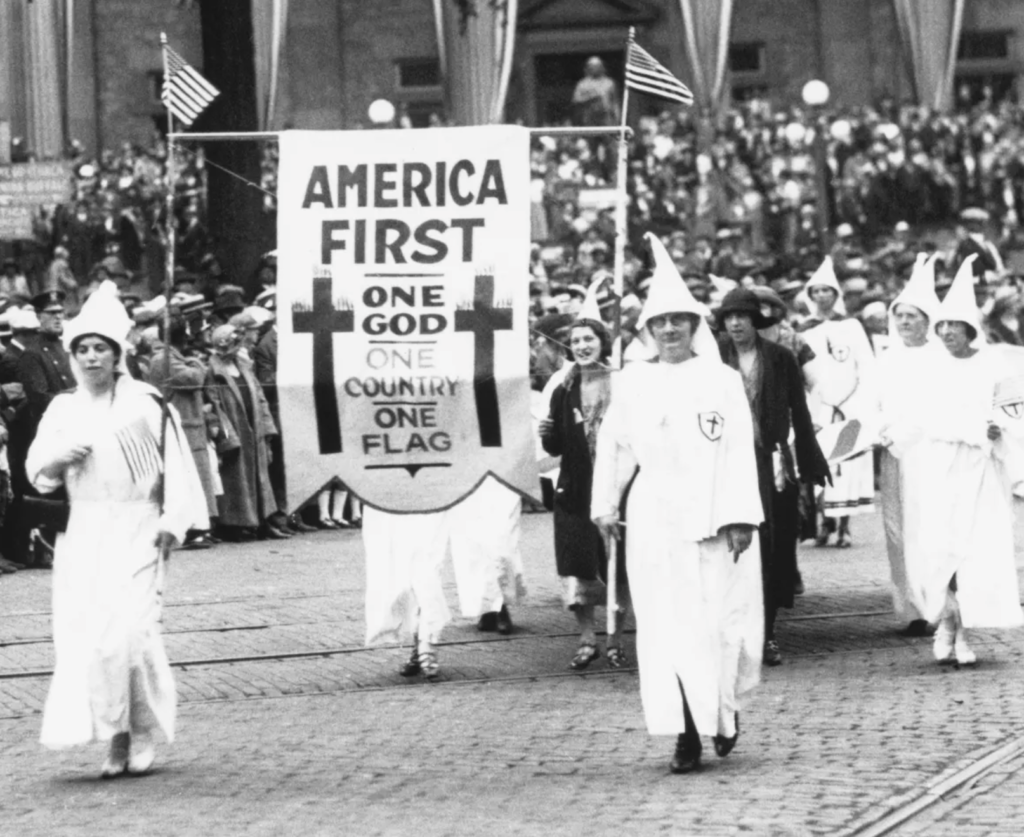Can it possibly be true that nearly a third of the country believes Donald Trump had an election victory stolen from him?
I can’t complain too much. I myself believed the results of the 2000 and 2016 elections were at least a little off, but in both cases, my candidates conceded in a timely fashion even though both of them won the popular vote.
This time around, Joe Biden won by 7 million votes. That’s 2 million more votes than Barack Obama’s margin over Mitt Romney in 2012. This year’s election might be the best reason yet for getting rid of the Electoral College. If fewer than 44,000 votes in Arizona, Georgia and Nevada had gone to Trump instead of Biden, Trump would have won the election despite losing the popular vote by 6.95 million votes.
Trump supporters have circulated a map showing their man carried nearly 85 percent of U.S. counties, but many of them are rural counties where men are men and sheep are nervous. Far more people live in the remaining blue counties. It also shows in the 50-50 split in the U.S. Senate, where states represented by Republicans have 41 million fewer people than those represented by Democrats.
Much of the reason we maintain that system is because people think the Founders meant to give power to small states, but that couldn’t be further from the truth. The purpose of the Electoral College and the two senators per state rule were to get Southern states — aka slave states — to accept the Constitution.
Of course it was slavery — and later Jim Crow laws to enforce segregation — that caused far and away the greatest division in our country. It’s truly bizarre that people can look at people of other races and think they are somehow inferior because of the color of their skin.
In fact, there are two other equally silly factors people use to lift themselves up or keep other people down.

One is religion, and for all the anti-semitism and anti-muslim sentiment, the rift between different kinds of Christians may be almost as deep. Issues such as abortion, school prayer and feminism split deeply along religious lines.
The other is nationalism. We had been making progress in this area, but Trump’s election caused a tremendous setback. “America First” was an infamous name in the history of pre-World War II America. It was the biggest of the isolationist groups, led in part by Charles Lindbergh, and did not want the U.S. to help Great Britain fight Nazi Germany.

For several decades after World War II, we seemed to understand the problems associated with nationalism. America rebuilt much of war-ravaged Western Europe after the war with the Marshall Plan and we defended much of the world from the USSR despite the fact they were never going to become Americans.
But whether it was Trump or the way we reacted to 9/11, we’ve regressed some. While Europe was moving past a thousand years of national rivalries, we had people at Trump rallies chanting, “U-S-A, U-S-A!” And when the election was over, they were going on and on about stopping the steal.
What we have isn’t a liberal-or-conservative divide. It’s much more about educated and uneducated. Trump wasn’t joking in the 2016 campaign when he said he loved the poorly educated. Throw in the fact that most Americans have never traveled outside North America and you have people who’ll fall for a lot of lies.
If you tell a Frenchman or an Italian that Germans have horns and tails, they won’t believe you. Either they have been to Germany or they have seen Germans come to their countries. But if you tell a poorly educated American something outrageous about people in a place he’ll never go, it’s a different story.
The problem is that Americans don’t read anymore.
And when children grow up in homes without books, they never learn the joy of reading.
But if they read, and if they learn, they’ll know not to believe the angriest, loudest voices.
Then maybe we won’t be so divided.

